How important were immigration issues in the recent electoral triumph of Giorgia Meloni’s Fratelli d’Italia party? TOP’s chief Italian correspondent gives us her analysis.
by Gaia Baracetti
History does repeat itself – but not in the obvious way. One could fear we’re witnessing a second March on Rome exactly a century after the first, but the rise of the far-right in Italy in 2022 is very different from the rise of the far-right in 1922, because the country itself has changed so much. A century ago, Italy was bursting at the seams, preparing for invasion and aspiring to empire; now it is old, wary and worried about its loss of sovereignty.
The world, and much of Italy itself, has reacted to Giorgia Meloni’s electoral victory with worry and dismay. Many appear to be convinced that Italy has gone fascist once again. I must admit that as an Italian I feel a bit defensive here; so, before I get into the link between population issues and Meloni’s victory, I’d like to offer a couple clarifications.
First of all, it’s not really much of a victory. At 64%, the turnout was the lowest ever for a general Italian election. Of all valid votes, just over a quarter went to Meloni’s Fratelli d’Italia party; thanks to our complicated electoral system and in particular to the portion of first-past-the-post seats, the right-wing coalition got a disproportionate amount of MPs in both the Camera and the Senato. But only about 15% of eligible voters actually voted for the party led by Meloni. It would be fair to say that most of the electorate is either against her or indifferent to her, rather than supportive of her.

Nor is this vote some kind of death knell for Italian democracy. It’s clear where Meloni’s nostalgia lies, even though she refuses to call herself a “fascist”; but in her political practice she seems to take very seriously Italian democratic institutions. She led what was virtually the only opposition to yet another unelected Prime Minister presented to the country as its only possible saviour, and tried to get a woman elected as President of the Republic, as opposed to forcing the old man who had literally already packed his bags to stay a few more years for lack of better options, which is what ended up happening. Finally, unlike many other politicians, she has been single-minded from the start, never party-hopped, never compromised her – unsavory, to many – beliefs. Italians are no longer used to politicians who appear to actually believe in what they are saying. If her true colors are different, we are about to find out.
Let’s now get to the core of why Giorgia Meloni did so well in a country that has Fascism explicitly banned in its Constitution. There are many factors involved. Every other party has been tried and has disappointed. Her brand of populist conservativism is currently more appealing than both the economic liberalism championed by her rivals, and the social liberalism that some (though not many) Italians feel has gone too far. She is expected to defend national interests in the European Union. She promises generous child benefits.
Italy is considered by Italians themselves a country that traditionally leans to the right. What we mean by “right” changes with time. Giorgia Meloni is a socially conservative, proudly Catholic nationalist. She opposes illegal mass migration to Italy – and this is probably the chief reason she got so many votes.
Of all European countries, Italy is probably the one that has the worst reputation in terms of migration compared to its actual record. Spain uses police and even military troops to push back migrants in its overseas territories. Croatian police are guilty of serious abuses against migrants, including torture. France sends them back to Italy, which is prevented by its own tribunals from sending them back into Slovenia. NGOs from all over Europe pick up asylum seekers stranded in the Mediterranean (on purpose, many believe) and dump them on Italian coasts. In 2019 the German captain Carola Rackete rammed a navy vessel off the coast of Italy while attempting to break a blockade in order to unload rescued migrants in a Sicilian port. She was let go, while former Northern League Interior minister Matteo Salvini is on trial for kidnapping for having blocked the ships in the first place. Many Italians support people like Rackete for saving lives, while others feel that rescue operations create a perverse incentive, or that Italy has lost control over its borders and is being hypocritically blamed by other European countries that at the same time refuse to take their fair share of migrants. Or – most controversially – that judges have gone from impartial arbiters to political actors with their own agenda.
Italians are a welcoming people. Mediterranean cultures naturally tend to be, and our mountains have been safe havens for fugitives for centuries. We are already very mixed due to our ancient history, not to mention often too busy fighting each other to notice foreigners. I believe also that we possess a culture of empathy. Hate crimes occur, but are infrequent. Even the very racist Fascist regime, at least until it passed anti-Jewish laws, considered “Italian-ness” more a matter of culture, politics and choice than of blood. It did not share the Nazi obsession with racial purity. Memories of our own recent out-migration make us more sympathetic to those now seeking a better life here.
But even Italians seem to have reached their limit. Refugees and economic migrants keep coming, to the tune of hundreds of thousands a year. They mostly either cross the Mediterranean or walk along the Balkans and enter from Slovenia. The centers that were set up to welcome them are full – and expensive to run. Organised crime has figured out how to profit from the situation. One Roman boss was heard saying “you can make more money with migrants than with drugs”. For a country that was traumatised by past invasions, but not built on a common project of migration, seeing our cities change so rapidly has been disorientating.

We are obliged by our Constitution to offer asylum, but it is difficult to tell apart those fleeing conflict from those who are just looking for a job. Many come from countries, such as Bangladesh or Tunisia, that are not at war. There are many young men. Often they lie about their age, sometimes blatantly, in order to obtain the protection reserved for minors. Women and children receive more sympathy, but also resentment at the perceived support they will get in a country where many native couples feel they cannot afford the children they want. If they are refused a permit, illegal immigrants almost never go back to their country – they are often found time and again still in Italy, even when they have committed crimes. When an asylum application is rejected, an appeal is almost automatic. The courts cannot handle all the work and get bogged down.
There are issues with regular migrants, too. Due to gang violence some parts of our cities are becoming no-go areas. There have been many alarming news stories about attacks by youth gangs. The media usually only says which city their members are from, or whether they are Italian citizens. I believe this is a deliberate omission. I looked up a few cases, and more often than not the members turn out to have been migrants or children of migrants.
Italy has a corruption and illegality problem, and migrants are often victimised. Whether legal or not, and especially in the latter case, migrants are frequently abused in the workplace (including by other migrants). Gioia Tauro, Foggia, the Agro Pontino… migrants are exploited at an almost industrial scale, out in the open, in dangerous, unsanitary camps that no one seems able or willing to fix or dismantle. Many, though not all, Italians can afford to refuse such working conditions – but poor migrants cannot, especially when they are staying here illegally and have no recourse. This, and a lack of law enforcement, means that conditions will not improve. In her campaign, Giorgia Meloni claimed to be “more humane than the left” because “illegal migration is in the interests of big capital.” This begs the question: is she willing to go against “big capital”?
Her solutions – such as a naval blockade of Italy – are probably not feasible. Matteo Salvini, who also owed much of his former popularity to anti-migrant sentiment, promised repatriations but never delivered. In the latest elections, his party collapsed. If Giorgia Meloni miraculously does succeed where her frenemy Salvini failed, and finds a way to stem the human flow that does not break some international treaty or law, wouldn’t “big capital” complain when the flood of fresh workforce becomes a trickle?
Giorgia Meloni has a plan for this, too. She is expected to bin the controversial reddito di cittadinanza, Italy’s latest and most comprehensive social security measure, which many accuse of discouraging people from working. But she plans to give Italy the work force it supposedly needs, without importing it, by pro-natalist policies.
Meloni is saying she will not make abortion illegal, but she supports “conscientious objection” by doctors, which would severely limit access to abortion and which many believe should be abolished. In its manifesto, the Fratelli d’Italia party is explicit in its desire to support family, parenthood, and natalità – a strong birth rate. Migration is presented mostly in legal, cultural and security terms. There’s a reference to antisemitism and drug dealing as if they were a prerogative of foreigners. But there is nothing about the link between population growth and the environment.
No party in Italy, or at least no party that I know of (and I’ve looked into any I could find), claims that Italy is overpopulated, despite its high population density. No one makes a connection between the sorry state of our environment and the number of people living in it. There seems to be a consensus that economic growth is good and that demographic decline is bad. The only real difference is what to do about it: let more migrants in, or harness the repressed reproductive potential of natives?
This is one of the main reasons why, in the recent election, I couldn’t bring myself to cast my vote for anyone at all. All parties, from the extreme right to the extreme left, seem to be under the spell of more: more people, more economic growth, more public expenditure, more money for core constituencies… It has been a long-running debate of ours whether Italians have the politicians they deserve, or worse (no one finds them to be our betters). Sometimes I do get the impression that on certain issues, such as overpopulation, Italians have more of a clue than their representatives and the media. If this is the case, it has yet to manifest itself in electoral politics.
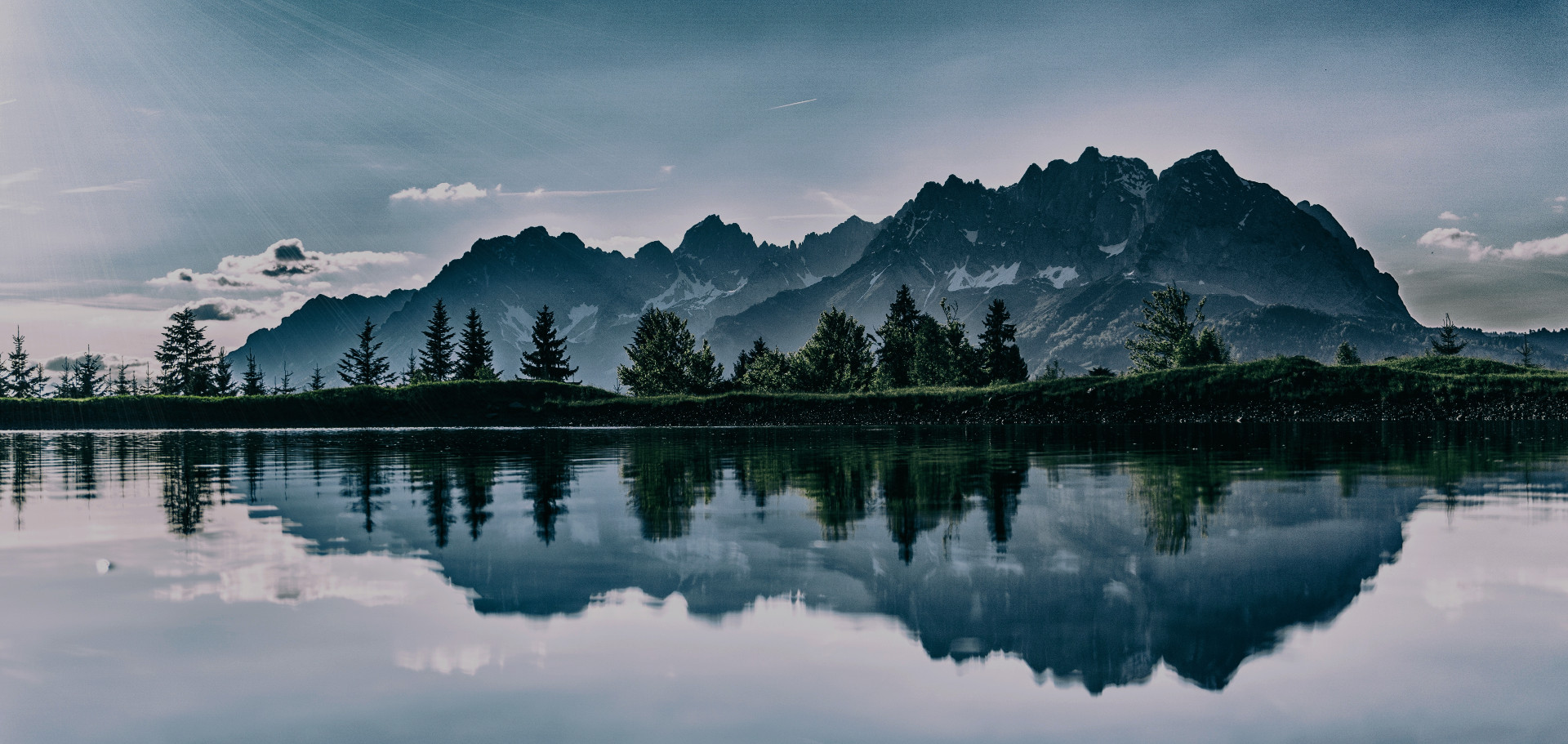

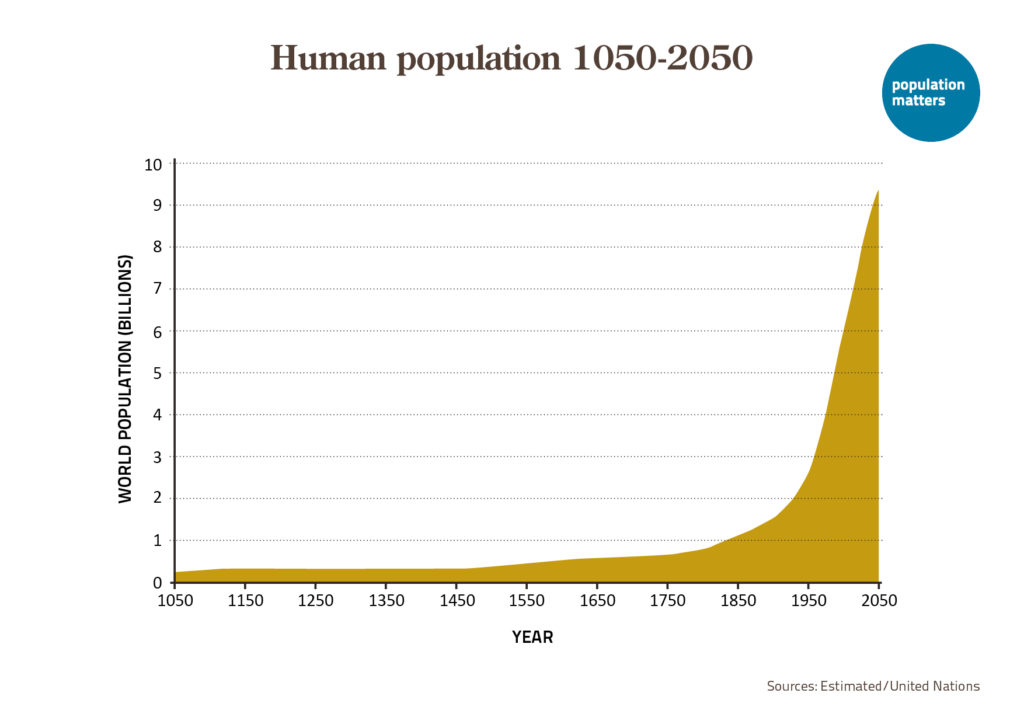
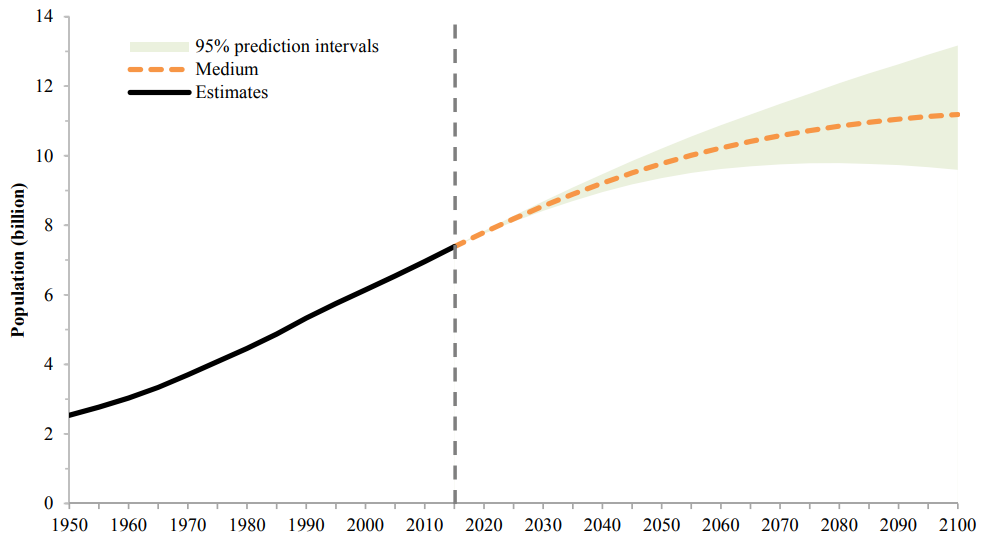
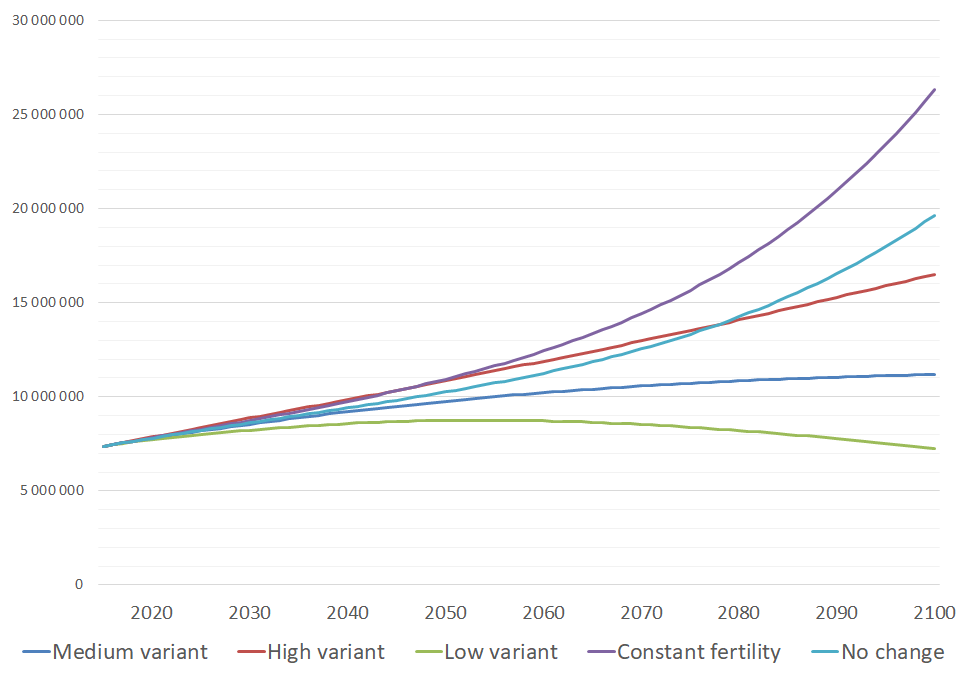
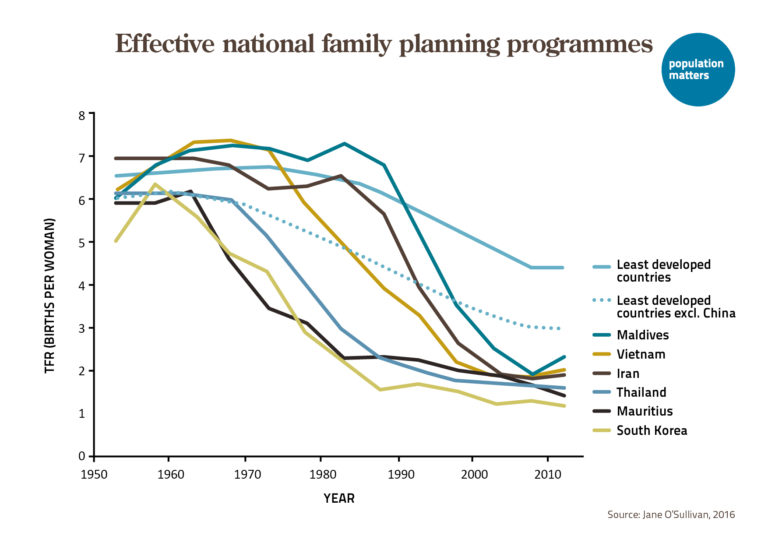

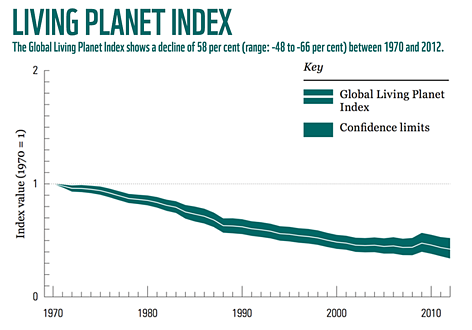
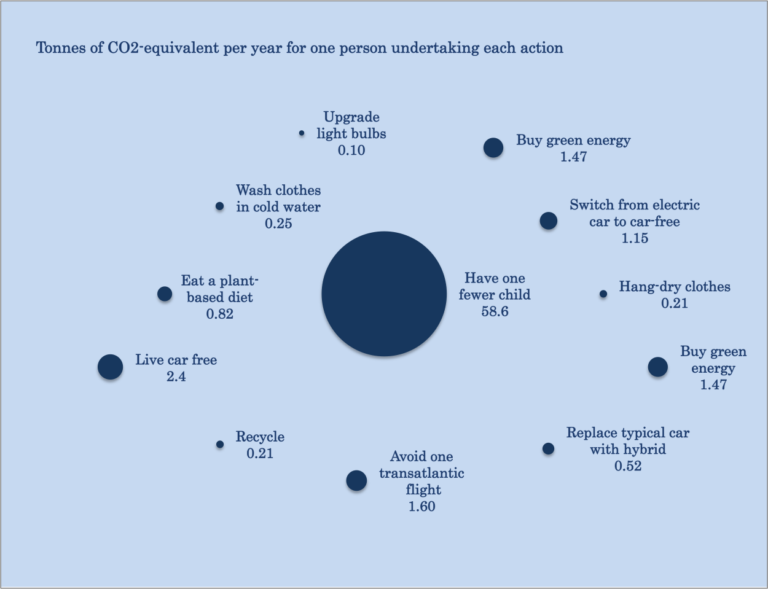
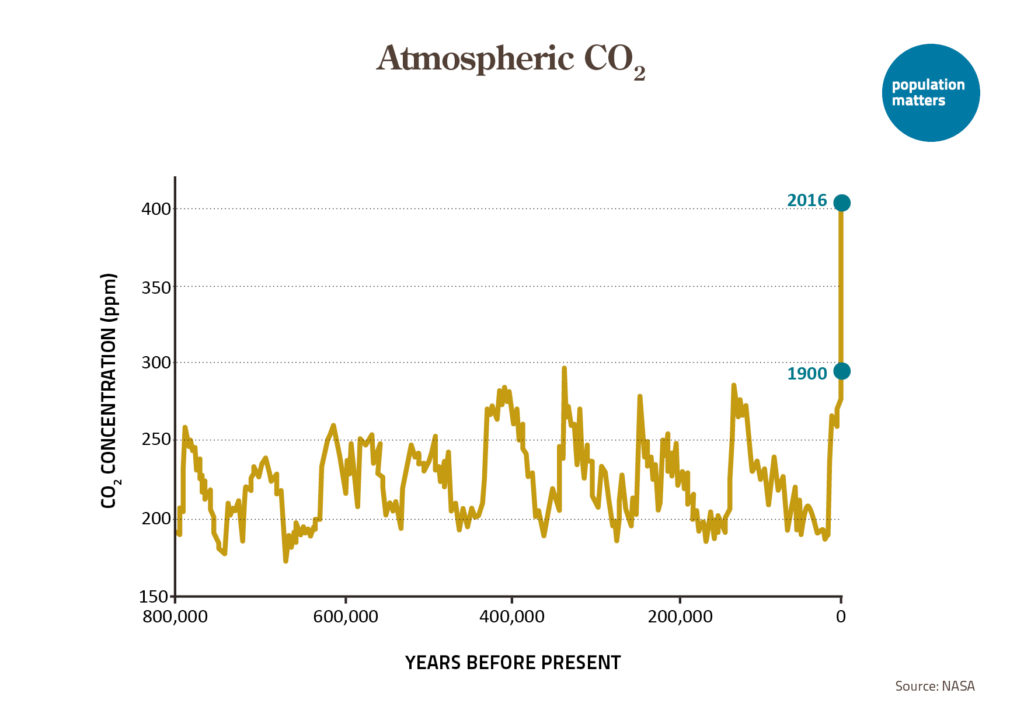
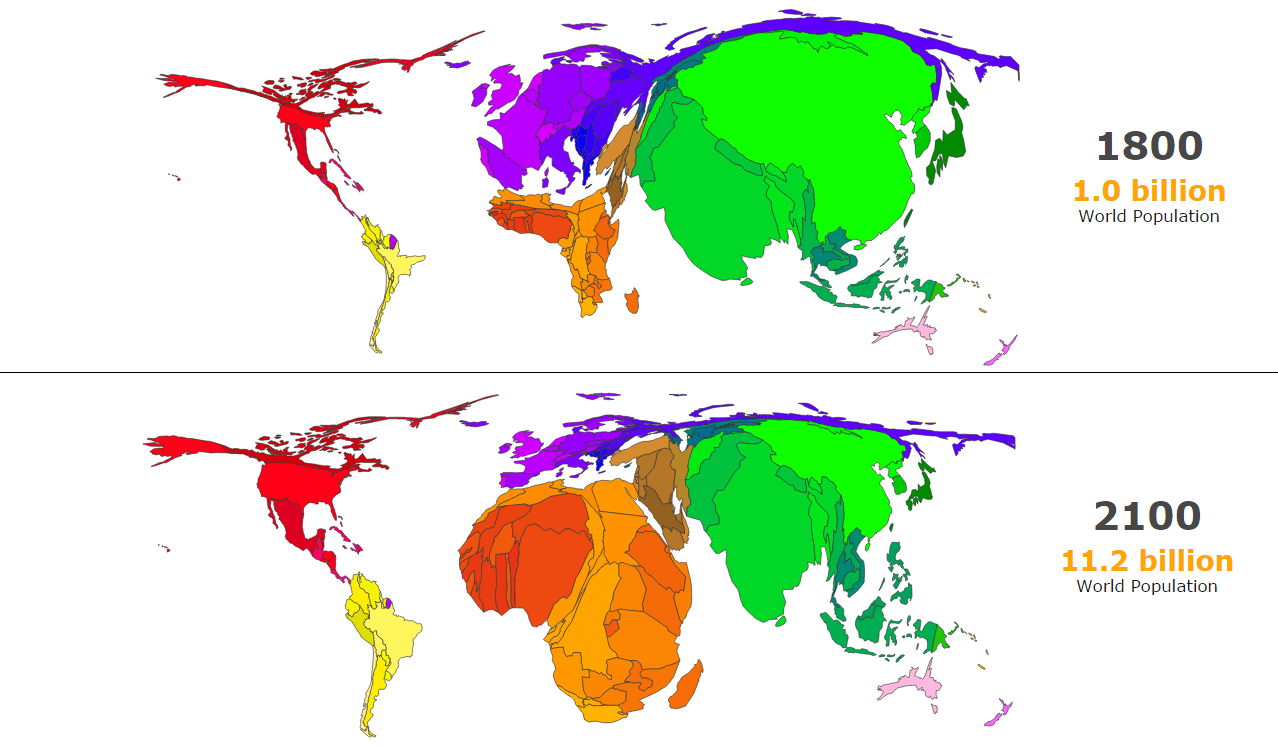
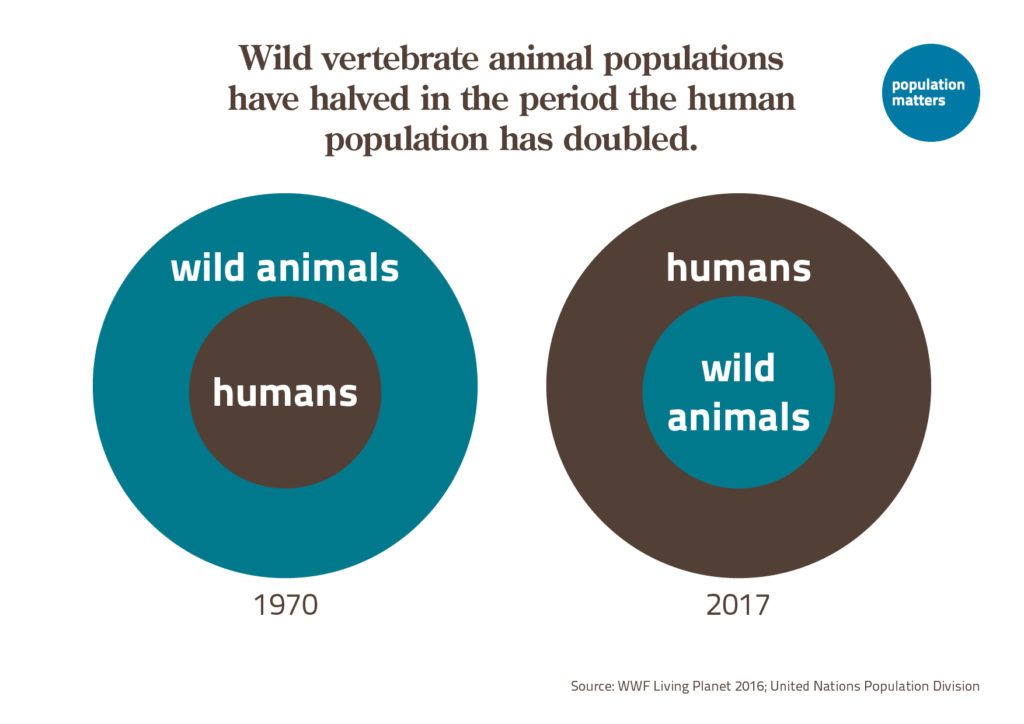
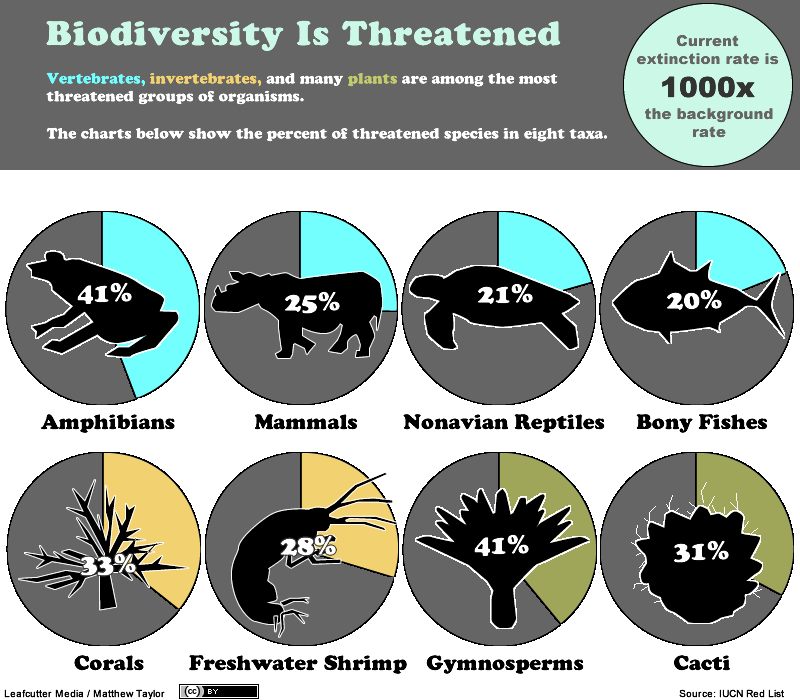
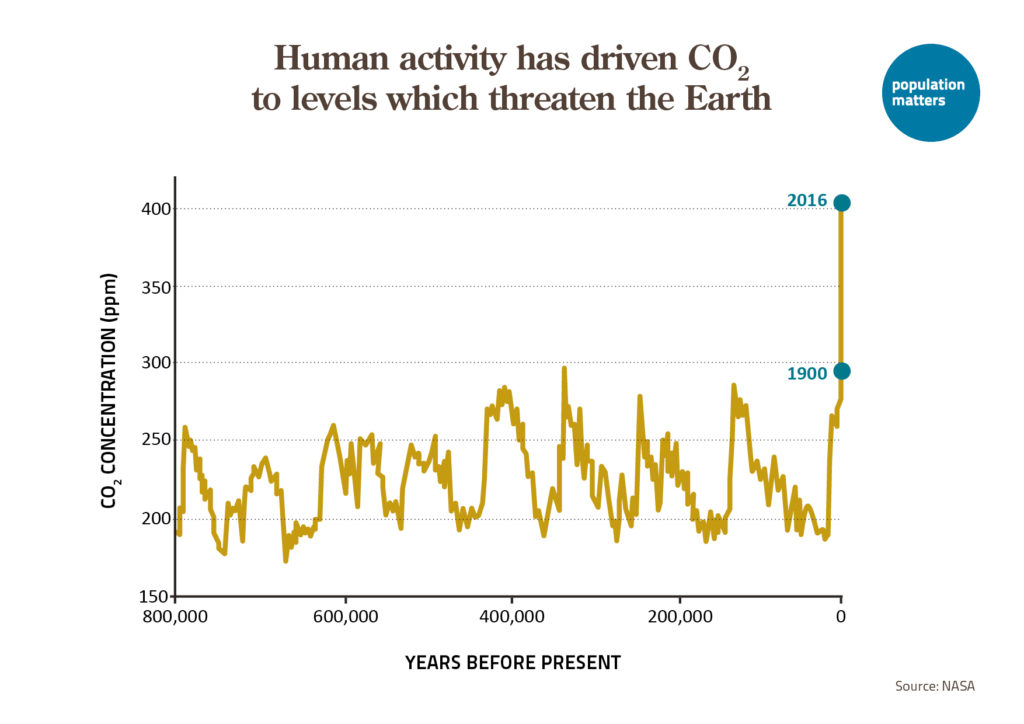
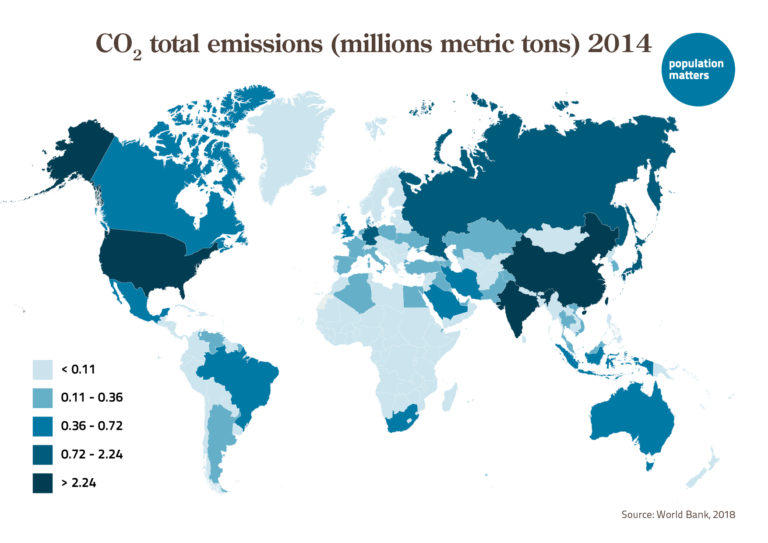

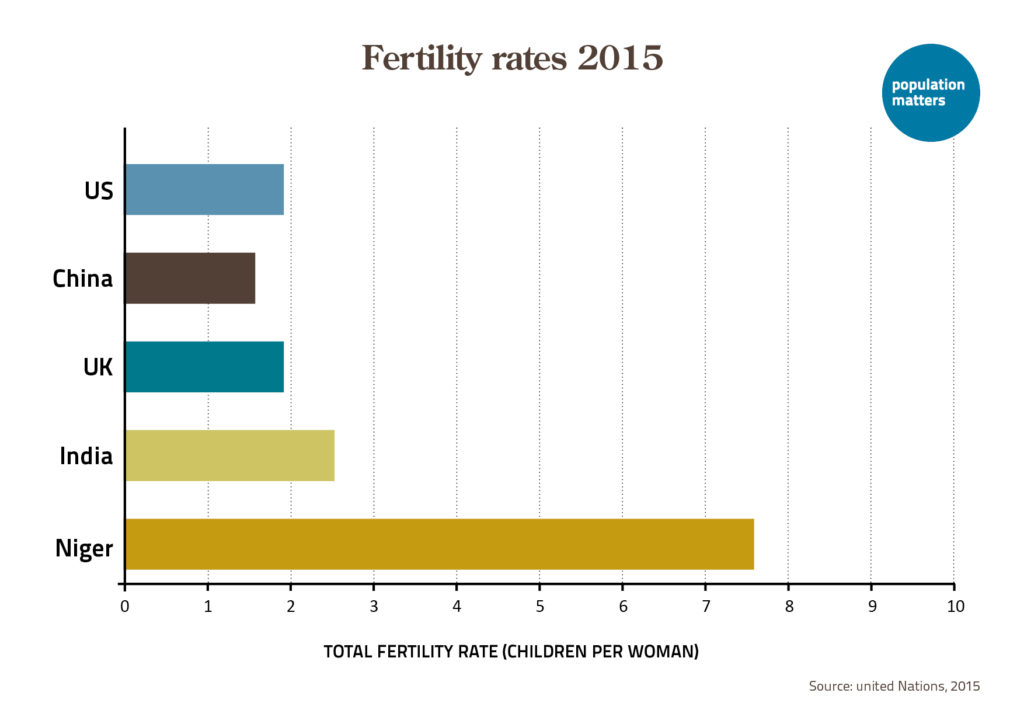
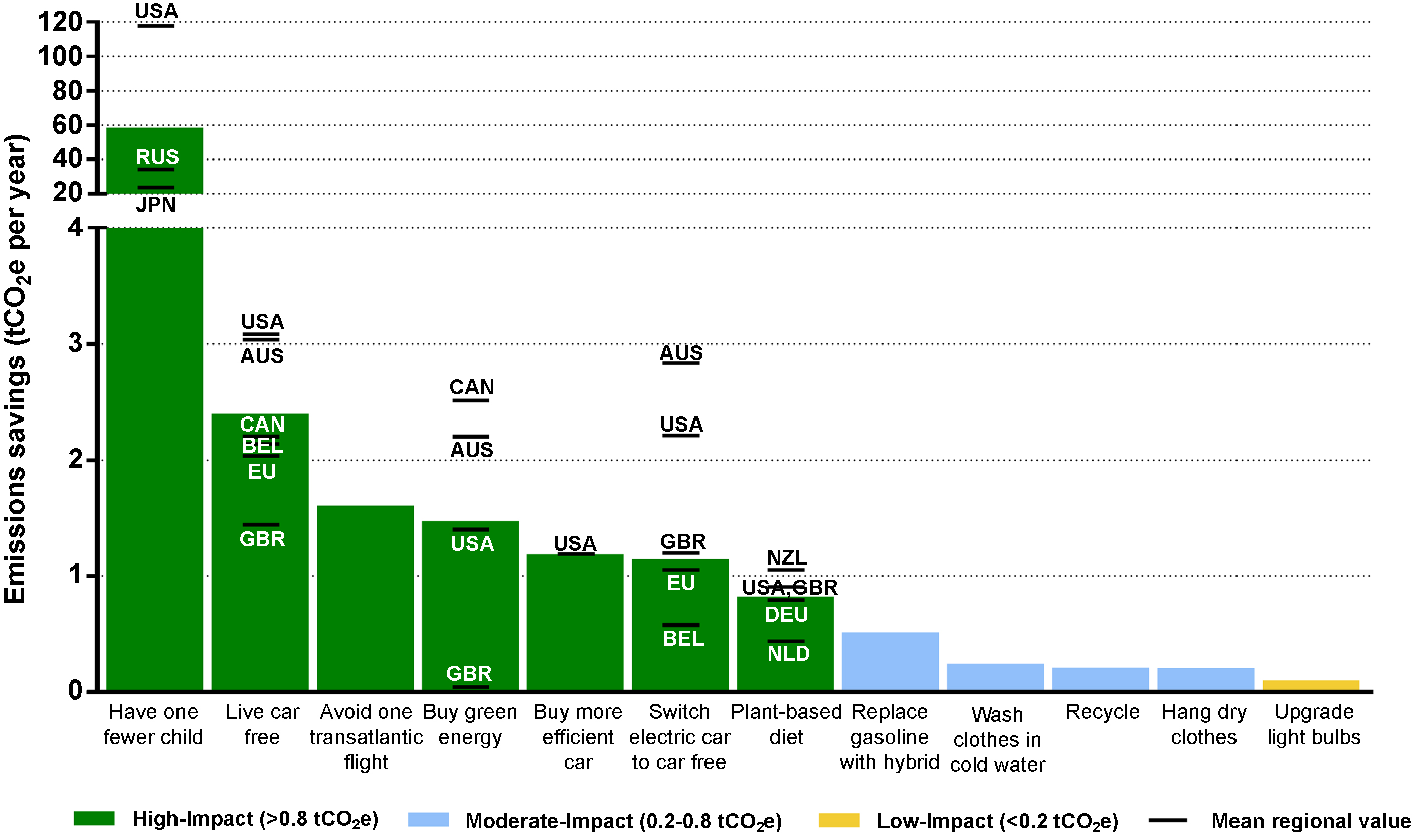



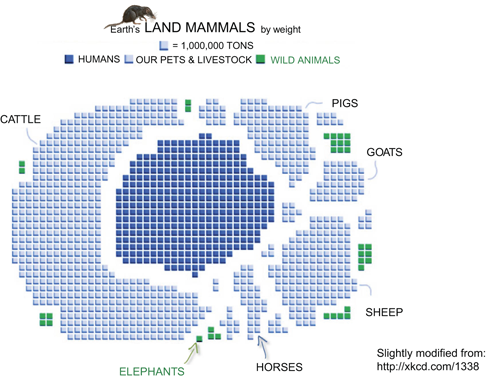

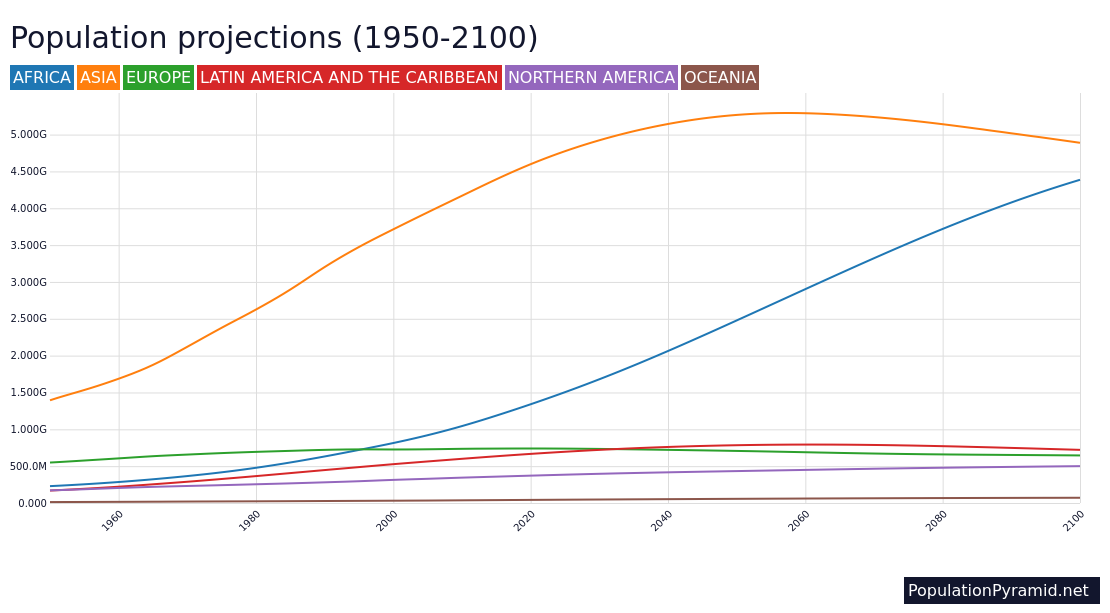
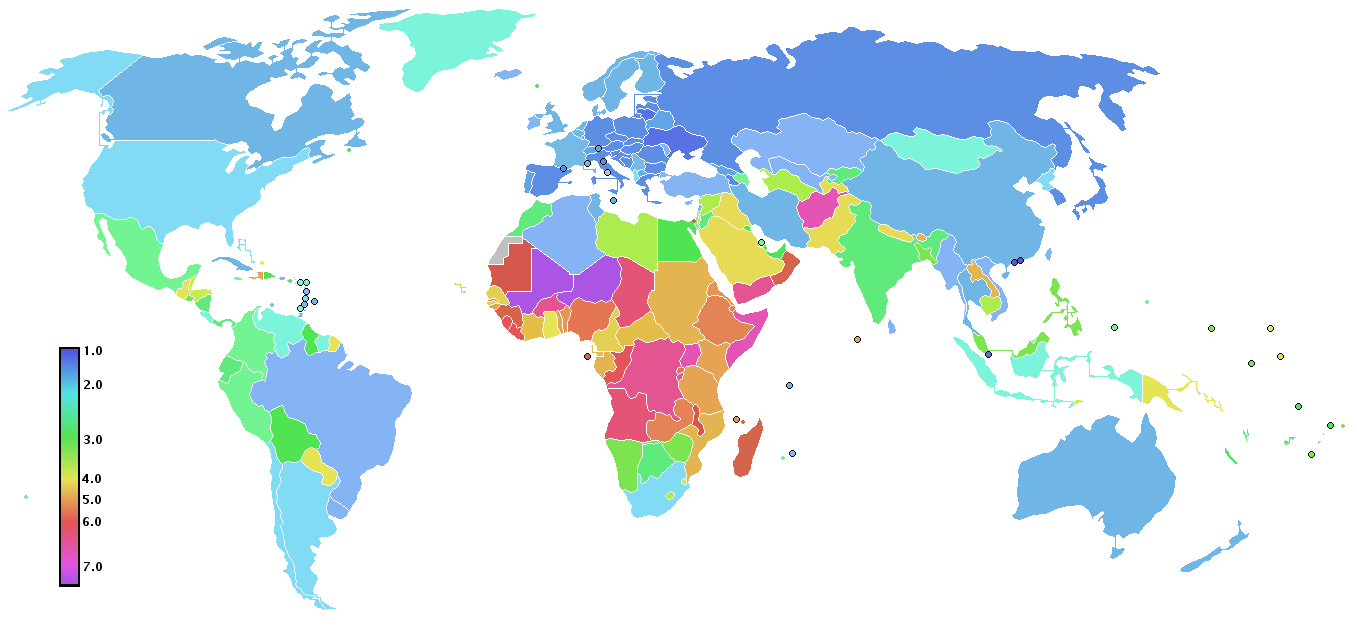
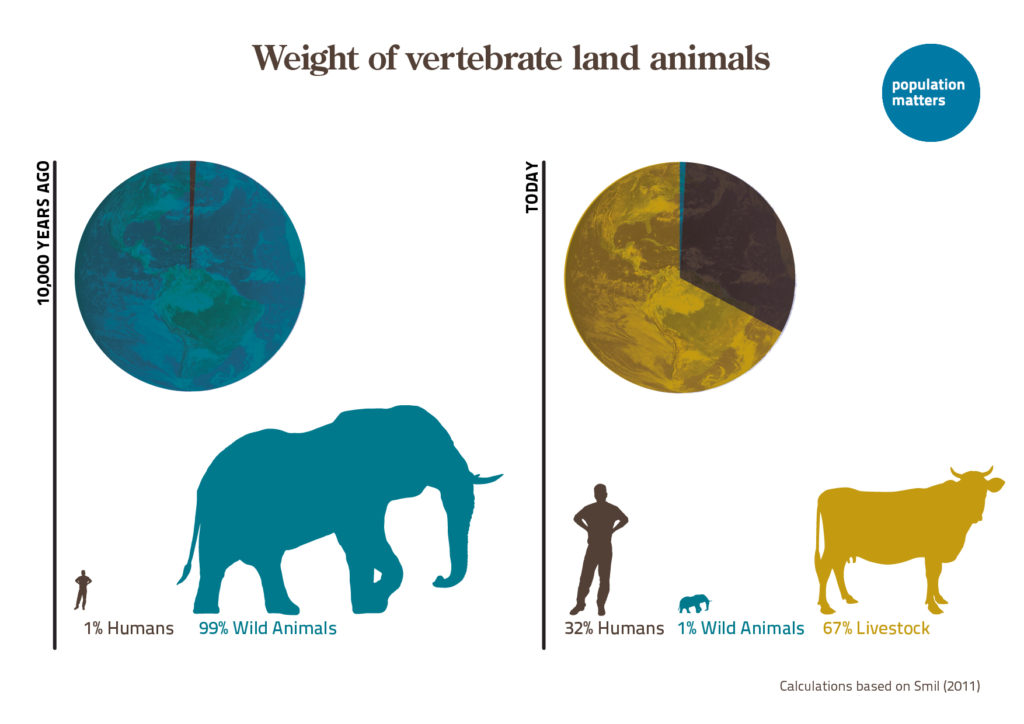

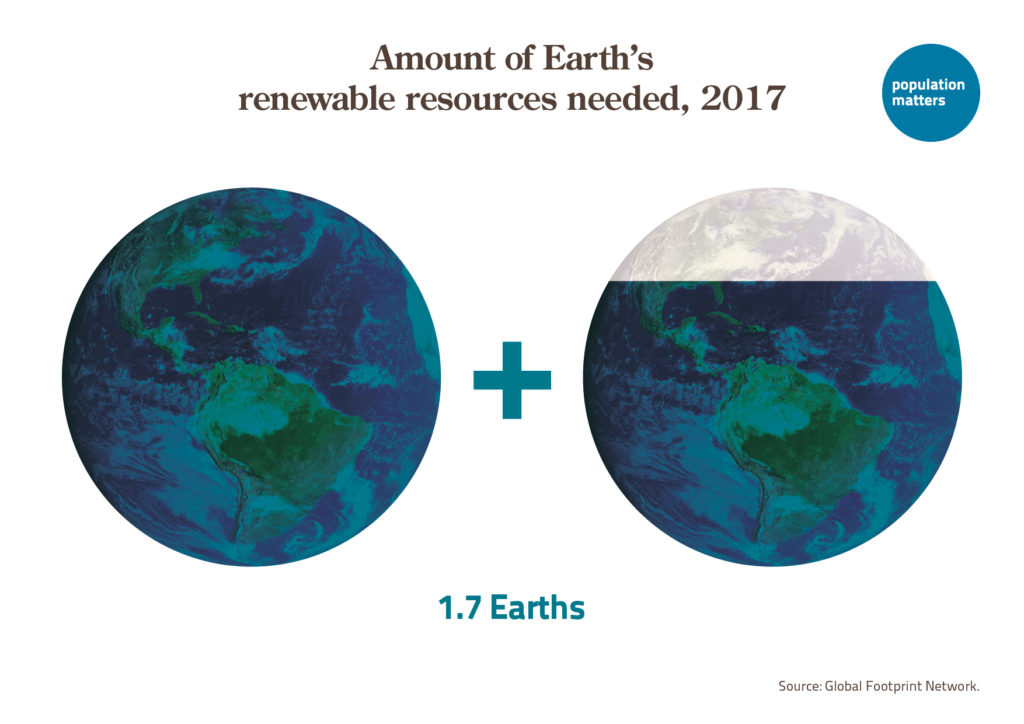


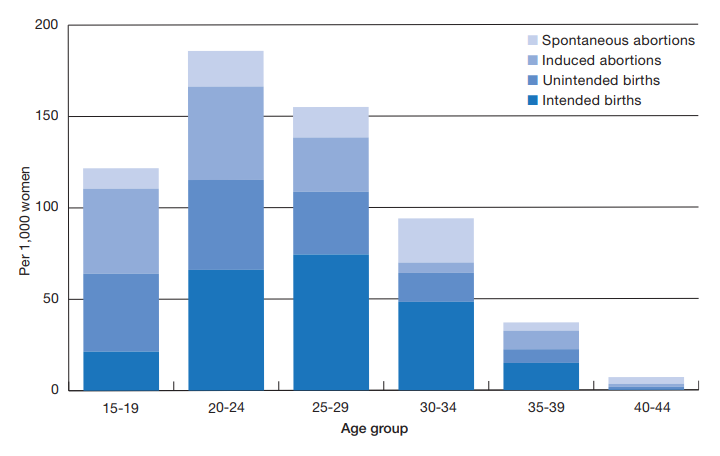
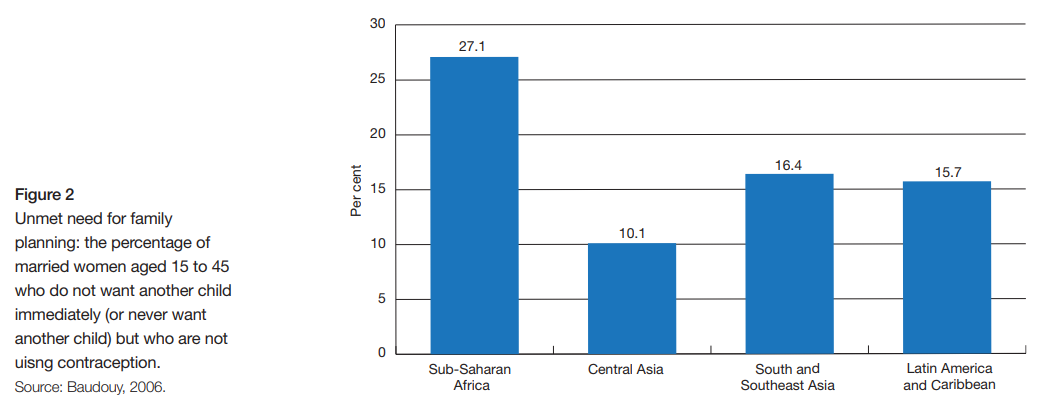
Leave a Reply